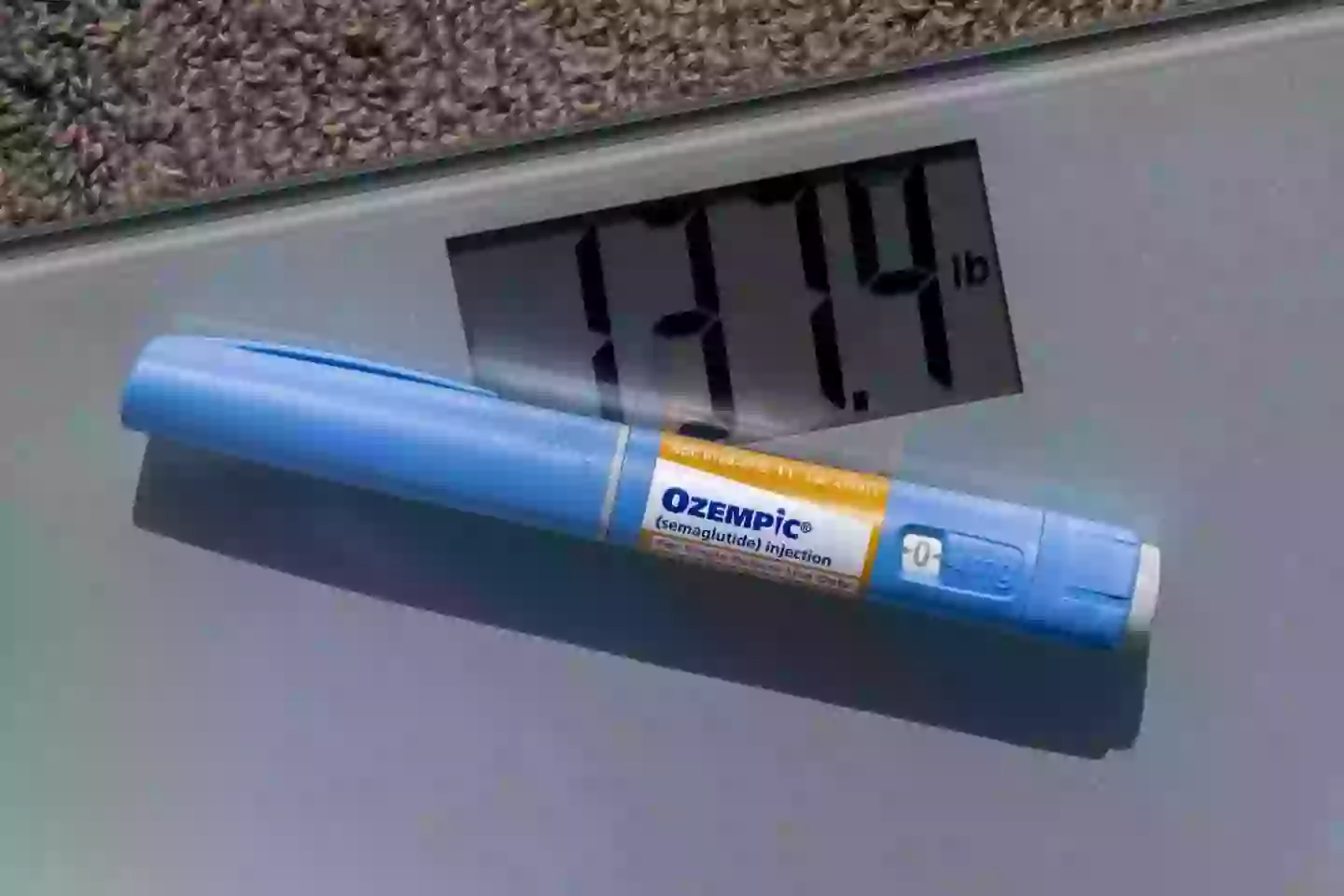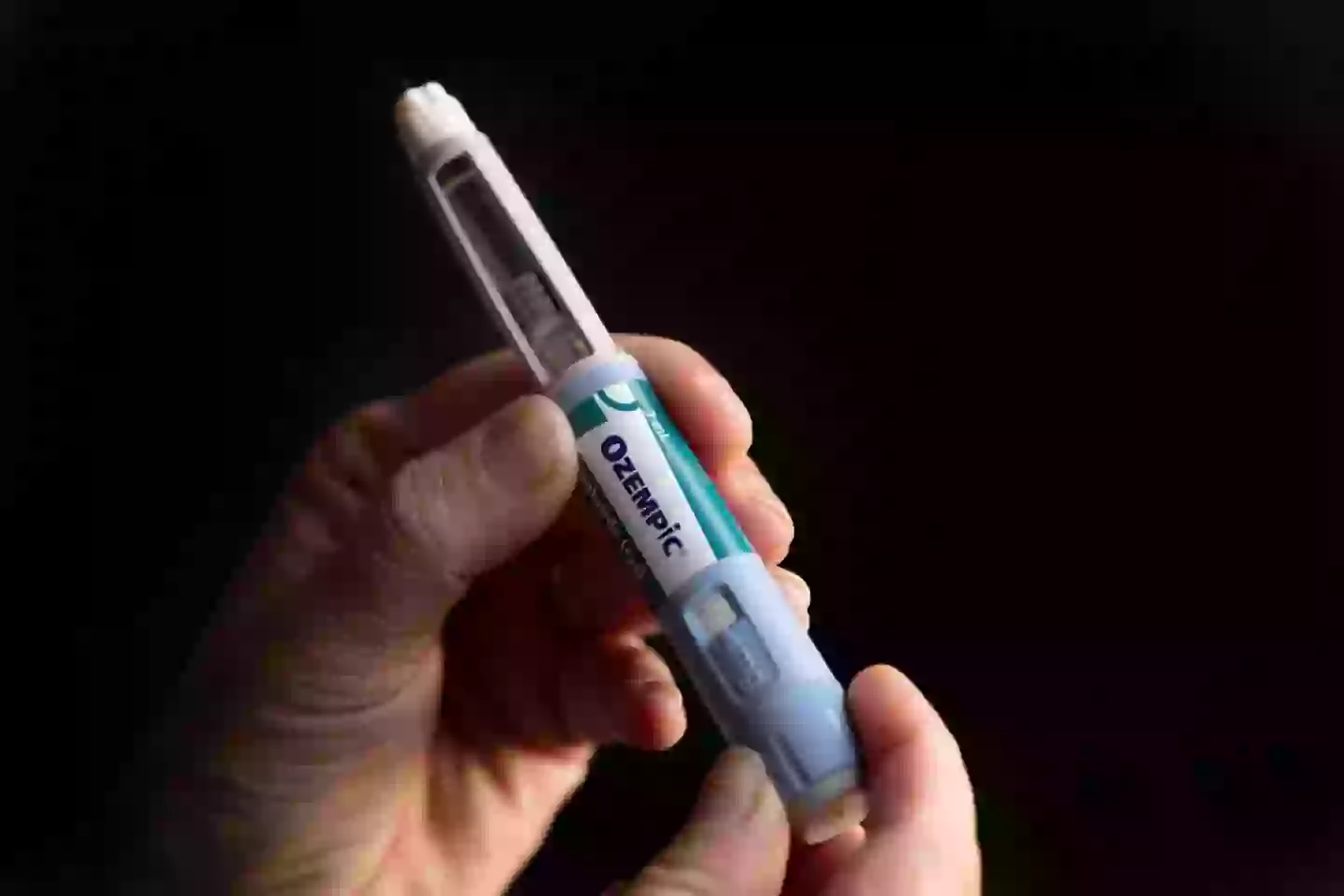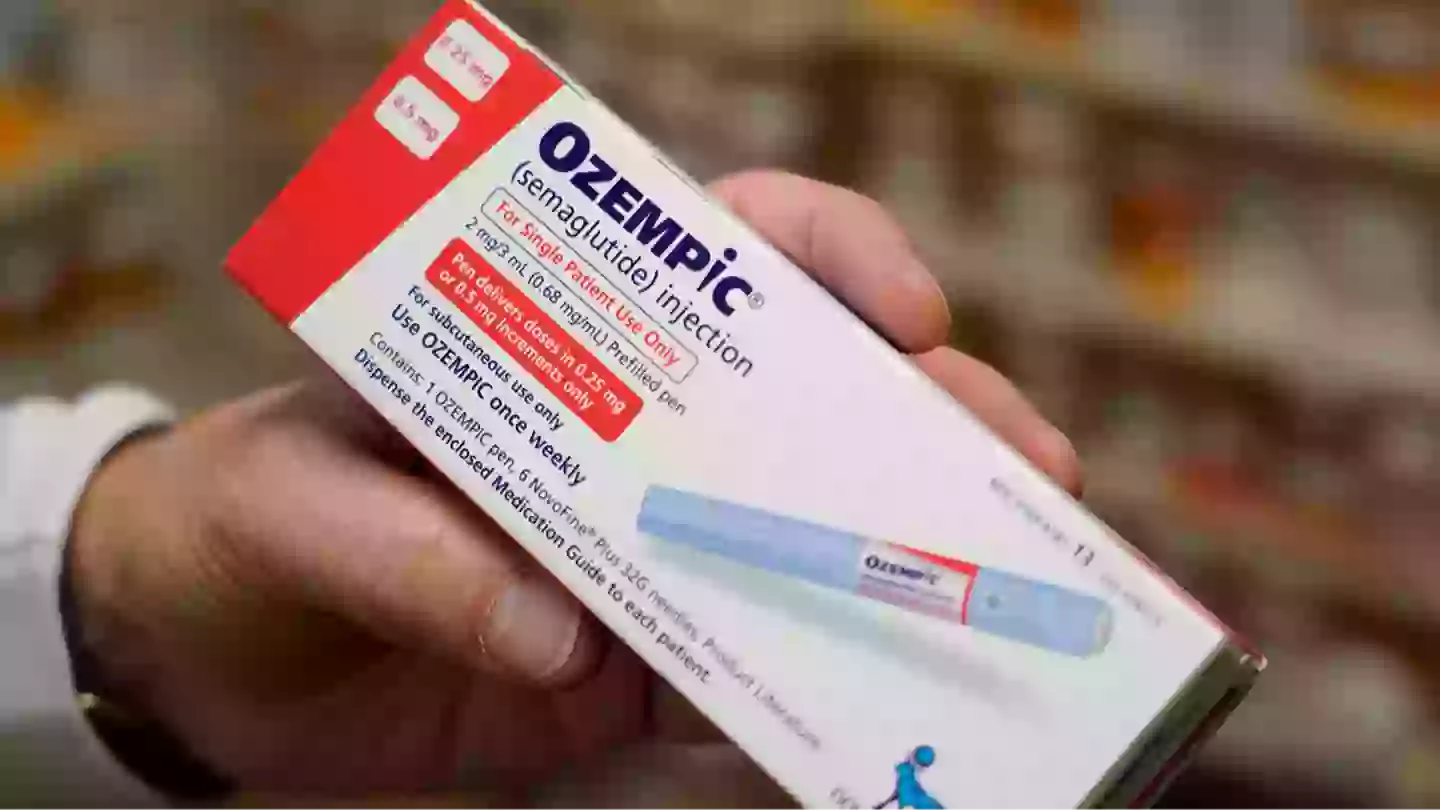The practice of ‘micro-dosing’ Ozempic has gained attention, though a medical expert has issued a warning regarding potential risks.
Ozempic has become a hot topic due to its use by individuals interested in weight loss, even though it was originally designed for managing type 2 diabetes.
Its popularity in the health industry surged partly because of endorsements by celebrities who have publicly used it to shed pounds. Notable figures like Oprah Winfrey, Sharon Osbourne, Amy Schumer, and Rebel Wilson have all shared their experiences with the drug.
Despite its widespread use, Ozempic has not received FDA approval specifically for weight loss. However, semaglutide, the active ingredient, is approved for weight loss when marketed under the name Wegovy.
The drug’s appeal has grown beyond celebrities, with CNN reporting that as of last year, approximately one in eight Americans have tried Ozempic or another GLP-1 alternative.

Madison Burgess is among those experimenting with the drug, opting for ‘micro-dosing’ and sharing her weight loss story on social media.
Initially, Madison attempted the recommended dosage of Ozempic but was deterred by adverse effects. Her doctor then advised her to try a reduced dosage, leading to a 60lb weight loss over two years.
The question arises whether others should consider micro-dosing Ozempic. A general practitioner has provided insight.
In an article for The Independent, Dr. Natasha Yates noted that micro-dosing lacks extensive research.
“Using injectables in this way has not been researched, so the safety has not been established,” she stated.

“However, it’s unlikely lower doses would lead to higher safety concerns. In fact, logically, lower doses are likely to mean fewer side-effects.”
Dr. Yates expressed concerns about the expiration of these medications, explaining: “These drugs do expire after a few weeks, and micro-dosing could increase the risk of inadvertently using them after their expiration date.”
“Injecting out-of-date medication can be a significant health risk. For example, it could cause infection if bacteria has started to grow.”
Her ‘biggest concern’ is individuals experimenting with micro-dosing without consulting their healthcare providers.
“Because there are no clear guidelines around micro-dosing, patients should only try it with caution and under medical care,” Dr. Yates advised.
“Their team can assist with issues such as accounting for the limited shelf-life of the medication.”
As for the efficacy of micro-dosing, Dr. Yates mentioned that there hasn’t been sufficient research to draw definitive conclusions.

